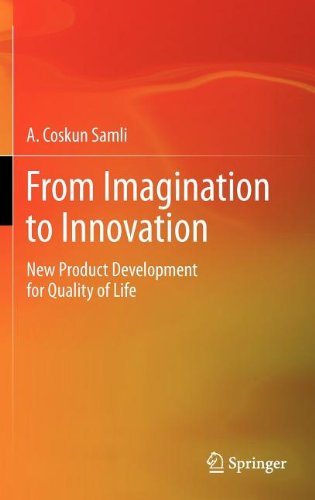

Most ebook files are in PDF format, so you can easily read them using various software such as Foxit Reader or directly on the Google Chrome browser.
Some ebook files are released by publishers in other formats such as .awz, .mobi, .epub, .fb2, etc. You may need to install specific software to read these formats on mobile/PC, such as Calibre.
Please read the tutorial at this link: https://ebookbell.com/faq
We offer FREE conversion to the popular formats you request; however, this may take some time. Therefore, right after payment, please email us, and we will try to provide the service as quickly as possible.
For some exceptional file formats or broken links (if any), please refrain from opening any disputes. Instead, email us first, and we will try to assist within a maximum of 6 hours.
EbookBell Team

4.8
64 reviewsIt is impossible to measure the full economic and psychological benefits of the sewing machine, the polio vaccine, or the Internet. What we know is that these products have changed our lives for the better, generating net benefits well beyond the metric of corporate profits. As forces such as financial market volatility and fragmented markets demonstrate the fragility of the global economy, the imperative to develop products and services that contribute to the well-being of the many—rather than the few—is more pronounced than ever.
In this book, A. Coskun Samli explores this imperative of an “innovation culture” and how it can be encouraged at all levels, from the individual to the nation or region. He argues that without a global innovation culture, committed to generating socially valuable products, we are likely to face a deteriorating quality of life, as wealth is concentrated at the top. Integrating insights from management, economics, policy, and psychology, Samli demonstrates how creativity can be channeled into innovation and innovation can be channeled, in turn, toward economic development. He discusses how national policies can be oriented toward encouraging such socially beneficial innovations as sustainable energy, communication technology, and medical discoveries. The aim is to promote the development of products and services that improve quality of life and generate profits for those who invest in them. He argues that all innovations, whether radical or incremental, must demonstrate social value in order to be truly profitable.